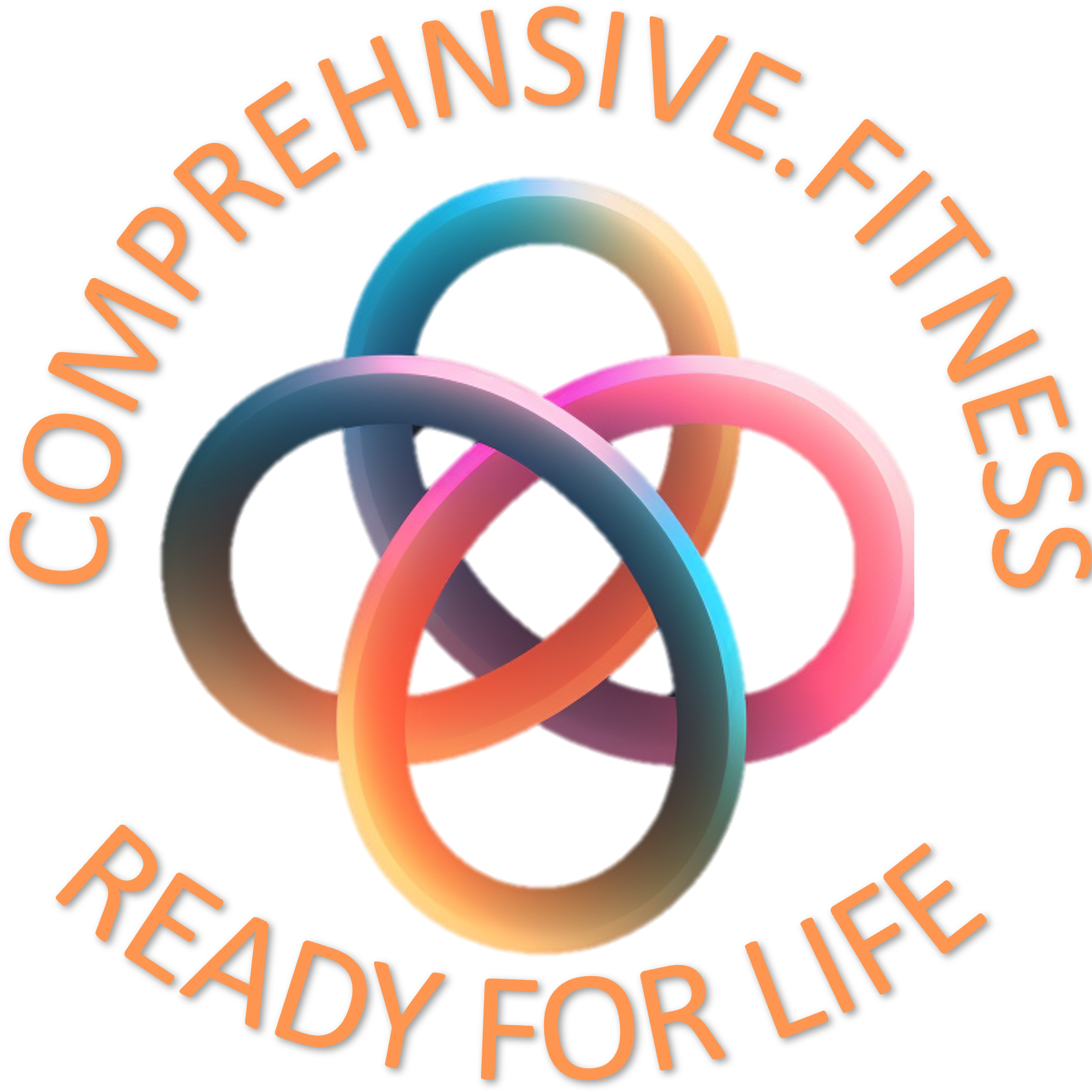
National Eating Disorders Awareness Month takes place every February, and it’s an important observance for anyone who is concerned about the impact that disordered eating can have on individuals and society as a whole. Eating disorders affect millions of people in the United States alone, and it’s essential to raise awareness of the issue to reduce stigma, increase access to treatment, and promote healthy attitudes toward food and body image.
Eating disorders are complex mental illnesses that can have serious physical and emotional consequences. They can develop at any age, but they are most common in adolescents and young adults. Some of the most common eating disorders include anorexia nervosa, bulimia nervosa, and binge-eating disorder. Each of these disorders has unique symptoms, but they share a common thread: a preoccupation with food and body image that interferes with daily life.
National Eating Disorders Awareness Month is an opportunity to educate people about the warning signs of eating disorders and encourage them to seek help if they or someone they know may be struggling with disordered eating. Here are a few ways that readers can get involved:
- Educate yourself about eating disorders One of the most important things that people can do to support National Eating Disorders Awareness Month is to learn more about eating disorders. Understanding the signs and symptoms of different types of eating disorders can help you recognize when someone you know may be struggling with disordered eating. The National Eating Disorders Association (NEDA) offers a wealth of information about eating disorders, including common myths and misconceptions, resources for support and treatment, and ways to get involved.
- Support those who are struggling with disordered eating If someone you know is struggling with an eating disorder, it’s important to provide them with support and encouragement. Let them know that you care about them and that you’re there to listen if they need to talk. Encourage them to seek help from a qualified mental health professional or medical provider who specializes in eating disorders. If you’re not sure how to approach the topic, the NEDA offers a guide for having conversations about eating disorders with loved ones.
- Promote healthy attitudes toward food and body image It’s important to promote healthy attitudes toward food and body image, especially in young people who may be more susceptible to developing eating disorders. This can involve modeling healthy behaviors yourself, such as eating balanced meals, avoiding negative self-talk, and engaging in physical activity that you enjoy. You can also encourage others to adopt these healthy behaviors by sharing resources and information about nutrition and body positivity.
- Get involved in advocacy and activism There are many organizations and initiatives dedicated to promoting awareness and reducing the stigma surrounding eating disorders. These groups often organize events and campaigns during National Eating Disorders Awareness Month and throughout the year. Consider getting involved in these efforts by volunteering, donating, or attending events that raise awareness and promote healthy attitudes toward food and body image.
- Take care of your own mental health Taking care of your own mental health is essential for promoting healthy attitudes toward food and body image. It’s important to prioritize self-care, including getting enough sleep, engaging in physical activity that you enjoy, and seeking help from a mental health professional if you’re struggling with your own mental health. Remember that it’s okay to ask for help, and that seeking treatment is a sign of strength, not weakness.
Get help or learn more about eating disorders:
- Discuss your concerns about eating disorders with your doctor or mental health provider.
- National Eating Disorders Association (NEDA) – NEDA is the largest nonprofit organization dedicated to supporting individuals and families affected by eating disorders. They provide resources, support, and education about eating disorders, as well as treatment referrals. Their website (https://www.nationaleatingdisorders.org/) offers a range of resources, including a helpline, online support groups, and screening tools.
- ANAD (National Association of Anorexia Nervosa and Associated Disorders) – ANAD is a nonprofit organization that offers support, resources, and advocacy for individuals and families affected by eating disorders. Their website (https://anad.org/) provides information on different types of eating disorders, treatment options, and recovery resources. They also offer a helpline and support groups.
- Project HEAL – Project HEAL is a nonprofit organization that provides support and resources for individuals with eating disorders who cannot afford treatment. Their website (https://www.theprojectheal.org/) offers information on treatment options, recovery resources, and support groups. They also have a treatment grant program that provides funding for individuals who are seeking treatment but cannot afford it.
It’s important to note that these resources are not a substitute for professional medical advice, diagnosis, or treatment. If you or someone you know is struggling with an eating disorder, it’s important to seek help from a qualified healthcare provider.
In conclusion, National Eating Disorders Awareness Month is an important observance that promotes awareness and education about eating disorders. By learning more about eating disorders, supporting those who are struggling with disordered eating, promoting healthy attitudes toward food and body image, getting involved in advocacy and activism, and taking care of your own mental health, you can help reduce the stigma surrounding eating disorders and promote healthy behaviors that can prevent the development of these serious mental illnesses.

